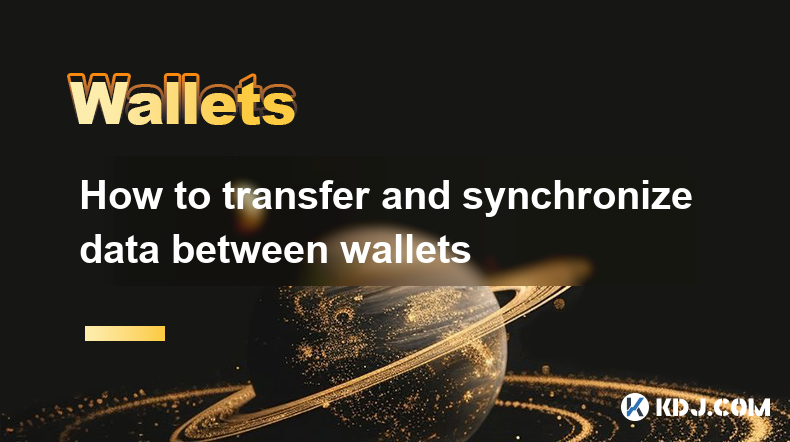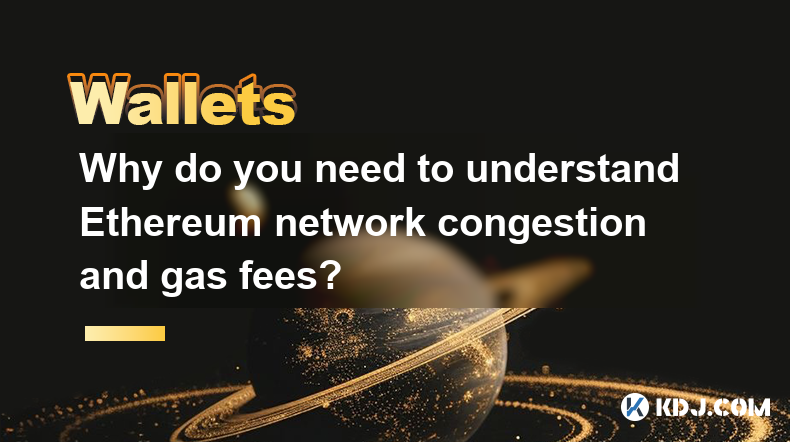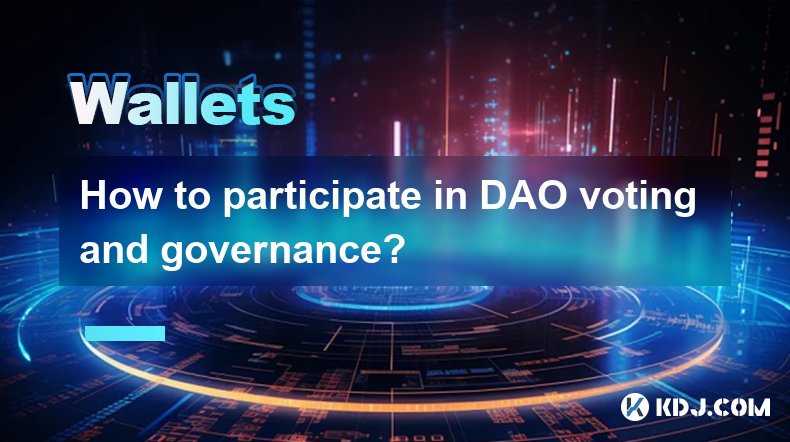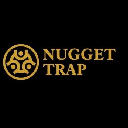-
 Bitcoin
Bitcoin $94,685.2590
-0.96% -
 Ethereum
Ethereum $2,669.7958
-5.17% -
 Tether USDt
Tether USDt $0.9999
-0.02% -
 XRP
XRP $2.4498
-3.78% -
 BNB
BNB $636.9425
-2.24% -
 Solana
Solana $153.5589
-8.47% -
 USDC
USDC $0.9999
0.00% -
 Dogecoin
Dogecoin $0.2262
-6.61% -
 Cardano
Cardano $0.7237
-5.47% -
 TRON
TRON $0.2471
1.69% -
 Chainlink
Chainlink $16.2681
-7.48% -
 Stellar
Stellar $0.3176
-3.55% -
 Avalanche
Avalanche $23.2651
-5.54% -
 Sui
Sui $3.0256
-8.63% -
 Litecoin
Litecoin $123.1829
-3.77% -
 Hedera
Hedera $0.2172
3.56% -
 Toncoin
Toncoin $3.6146
-4.06% -
 UNUS SED LEO
UNUS SED LEO $9.5216
-2.37% -
 Shiba Inu
Shiba Inu $0.0...01443
-6.88% -
 MANTRA
MANTRA $8.1011
-4.03% -
 Polkadot
Polkadot $4.6690
-6.15% -
 Hyperliquid
Hyperliquid $21.4155
-9.75% -
 Bitcoin Cash
Bitcoin Cash $307.5941
-5.82% -
 Ethena USDe
Ethena USDe $1.0004
0.01% -
 Bitget Token
Bitget Token $4.7886
-3.79% -
 Dai
Dai $0.9999
0.00% -
 Uniswap
Uniswap $8.3024
-7.74% -
 Monero
Monero $232.1687
-0.51% -
 NEAR Protocol
NEAR Protocol $3.3004
-2.70% -
 Pepe
Pepe $0.0...08739
-5.86%
Is the token address a wallet address?
Mistaking token addresses for wallet addresses can lead to irreversible loss of funds, hence the crucial need for meticulous attention in cryptocurrency transactions.
Dec 19, 2024 at 08:47 am

Key Points:
- Definition of Token Address and Wallet Address
- Distinction between Token Addresses and Wallet Addresses
- Implications of Mixing Token Addresses and Wallet Addresses
Is the Token Address a Wallet Address?
Token addresses and wallet addresses are distinct entities within the cryptocurrency ecosystem. Understanding their differences is crucial for secure and efficient crypto operations.
Definition of Token Address and Wallet Address
- Token Address: A unique identifier on a blockchain that represents a particular cryptocurrency token (e.g., BTC, ETH, UNI). It serves as the destination for sending and receiving the specific token.
- Wallet Address: A pseudonymized string of alphanumeric characters that represents an individual's account on a blockchain. It allows users to store, send, and receive various cryptocurrencies.
Distinction between Token Addresses and Wallet Addresses
While both addresses are associated with cryptocurrency transactions, they have distinct purposes:
- Different Ownership: A token address does not represent ownership of the underlying cryptocurrency. It merely indicates the location of the token on the blockchain. In contrast, a wallet address represents the ownership of the cryptocurrency stored in that specific account.
- Transaction Destination: Sending crypto to a token address only moves the token to that address. It won't change the ownership or location of the token. Conversely, sending crypto to a wallet address directly adds it to the recipient's balance under that specific account.
- Multiple Currencies: Wallet addresses can hold multiple cryptocurrencies simultaneously. In contrast, token addresses are specific to individual cryptocurrencies. A token address can only receive and hold the corresponding token.
Implications of Mixing Token Addresses and Wallet Addresses
Mistaking token addresses for wallet addresses can have severe consequences:
- Lost Funds: If crypto is mistakenly sent to a token address instead of a wallet address, the funds may become inaccessible. The recipient will not have access to the funds, and it will appear as a transaction sent to a black hole.
- Delayed Transactions: Even if the correct token address is used, sending crypto to a wallet address may result in delayed transactions or incorrect receipts. The transaction will need to be manually processed, which can introduce significant delays.
- Security Breaches: Mistaking token addresses for wallet addresses can expose private keys and reveal the location of crypto assets, increasing the risk of hacking and theft.
To avoid these risks:
- Always double-check the recipient's address before sending crypto.
- Use a hardware wallet or a reputable crypto exchange to manage your crypto assets securely.
- Keep your private keys safe and confidential.
FAQs
Q: Can I store crypto in a token address?
- No, token addresses are not designed to store crypto. They merely represent the location of the crypto on the blockchain.
Q: What happens if I send crypto to a wallet address instead of a token address?
- Depending on the specific blockchain and the wallet compatibility, the transaction may fail or delay. It is essential to consult the wallet's user guide or contact support for assistance.
Q: How can I find the token address for a specific crypto?
- Visit the crypto's official website or explore trusted blockchain explorers like Etherscan or BSCscan to search for the corresponding token address.
Disclaimer:info@kdj.com
The information provided is not trading advice. kdj.com does not assume any responsibility for any investments made based on the information provided in this article. Cryptocurrencies are highly volatile and it is highly recommended that you invest with caution after thorough research!
If you believe that the content used on this website infringes your copyright, please contact us immediately (info@kdj.com) and we will delete it promptly.
- Montana House Decisively Rejects Bill to Establish Bitcoin as a State Reserve Asset
- 2025-02-25 00:35:28
- SEC's Coinbase Move Signals Regulatory Vacuum for Crypto
- 2025-02-25 00:35:28
- Binance coin course expectation - can BNB pass the $ 600?
- 2025-02-25 00:35:28
- Massive Whale Exodus From XRP Suggests Growing Interest In This Meme Token With Text-To-Image AI Capabilities
- 2025-02-25 00:35:28
- The Environmental Impact of Bitcoin Mining and the Innovative Solutions Being Implemented to Make Cryptocurrency Mining More Environmentally Friendly
- 2025-02-25 00:35:28
- ZEUSS Token: The AI-Powered All-in-One App Redefining Digital Interaction
- 2025-02-25 00:35:28
Related knowledge

What are cold storage and hot storage? Which one is safer?
Feb 22,2025 at 03:18pm
Key Points:Cold storage and hot storage are two methods of storing cryptocurrencies.Cold storage involves storing cryptocurrencies offline, while hot storage involves storing them online.Cold storage is generally considered safer than hot storage, as it is not connected to the internet and is therefore less susceptible to hacking.Cold StorageCold storag...

How to synchronize wallets in multiple devices and browsers
Feb 22,2025 at 09:18am
Key Points:Understand the different types of cryptocurrency wallets and their synchronization capabilities.Learn how to synchronize hardware wallets with multiple devices.Discover the steps involved in synchronizing software wallets across platforms.Explore the options for synchronizing mobile wallets on different devices.Gain insight into browser exten...

How to deal with theft of wallets or the leak of mnemonic words?
Feb 23,2025 at 12:36am
Key PointsUnderstanding the Different Types of Wallet TheftSteps to Take If Your Wallet Is Stolen or Mnemonic Words LeakedPreventive Measures to Protect Your Crypto AssetsFrequently Asked QuestionsHow to deal with theft of wallets or the leak of mnemonic words?Understanding the Different Types of Wallet TheftHot Wallet Theft:Hot wallets are connected to...

How to transfer and synchronize data between wallets
Feb 21,2025 at 12:25pm
Key Points:Understanding different wallet types and their capabilitiesIdentifying similarities and differences between walletsExploring options for transferring and synchronizing dataEnsuring data security and integrity during transferAddressing common challenges and troubleshooting tipsHow to Transfer and Synchronize Data Between Cryptocurrency Wallets...

Why do you need to understand Ethereum network congestion and gas fees?
Feb 21,2025 at 04:48am
Key PointsUnderstanding Ethereum Network Congestion and Gas FeesGas Fees ExplainedFactors Affecting Network CongestionStrategies for Minimizing Gas FeesImpact of Ethereum UpgradesUnderstanding Ethereum Network Congestion and Gas FeesThe Ethereum network is a decentralized platform that hosts a vast ecosystem of decentralized applications (dApps), non-fu...

How to participate in DAO voting and governance?
Feb 21,2025 at 03:42pm
Key Points:Overview of DAO Voting and GovernanceUnderstanding DAO Structures and MembershipRole of DAO Tokens and Voting RightsParticipating in Voting and Proposal SubmissionLeveraging Governance Tools and PlatformsImpact of Voting Participation on DAO OutcomesBest Practices for Effective DAO GovernanceHow to Participate in DAO Voting and Governance1. U...

What are cold storage and hot storage? Which one is safer?
Feb 22,2025 at 03:18pm
Key Points:Cold storage and hot storage are two methods of storing cryptocurrencies.Cold storage involves storing cryptocurrencies offline, while hot storage involves storing them online.Cold storage is generally considered safer than hot storage, as it is not connected to the internet and is therefore less susceptible to hacking.Cold StorageCold storag...

How to synchronize wallets in multiple devices and browsers
Feb 22,2025 at 09:18am
Key Points:Understand the different types of cryptocurrency wallets and their synchronization capabilities.Learn how to synchronize hardware wallets with multiple devices.Discover the steps involved in synchronizing software wallets across platforms.Explore the options for synchronizing mobile wallets on different devices.Gain insight into browser exten...

How to deal with theft of wallets or the leak of mnemonic words?
Feb 23,2025 at 12:36am
Key PointsUnderstanding the Different Types of Wallet TheftSteps to Take If Your Wallet Is Stolen or Mnemonic Words LeakedPreventive Measures to Protect Your Crypto AssetsFrequently Asked QuestionsHow to deal with theft of wallets or the leak of mnemonic words?Understanding the Different Types of Wallet TheftHot Wallet Theft:Hot wallets are connected to...

How to transfer and synchronize data between wallets
Feb 21,2025 at 12:25pm
Key Points:Understanding different wallet types and their capabilitiesIdentifying similarities and differences between walletsExploring options for transferring and synchronizing dataEnsuring data security and integrity during transferAddressing common challenges and troubleshooting tipsHow to Transfer and Synchronize Data Between Cryptocurrency Wallets...

Why do you need to understand Ethereum network congestion and gas fees?
Feb 21,2025 at 04:48am
Key PointsUnderstanding Ethereum Network Congestion and Gas FeesGas Fees ExplainedFactors Affecting Network CongestionStrategies for Minimizing Gas FeesImpact of Ethereum UpgradesUnderstanding Ethereum Network Congestion and Gas FeesThe Ethereum network is a decentralized platform that hosts a vast ecosystem of decentralized applications (dApps), non-fu...

How to participate in DAO voting and governance?
Feb 21,2025 at 03:42pm
Key Points:Overview of DAO Voting and GovernanceUnderstanding DAO Structures and MembershipRole of DAO Tokens and Voting RightsParticipating in Voting and Proposal SubmissionLeveraging Governance Tools and PlatformsImpact of Voting Participation on DAO OutcomesBest Practices for Effective DAO GovernanceHow to Participate in DAO Voting and Governance1. U...
See all articles

















































































